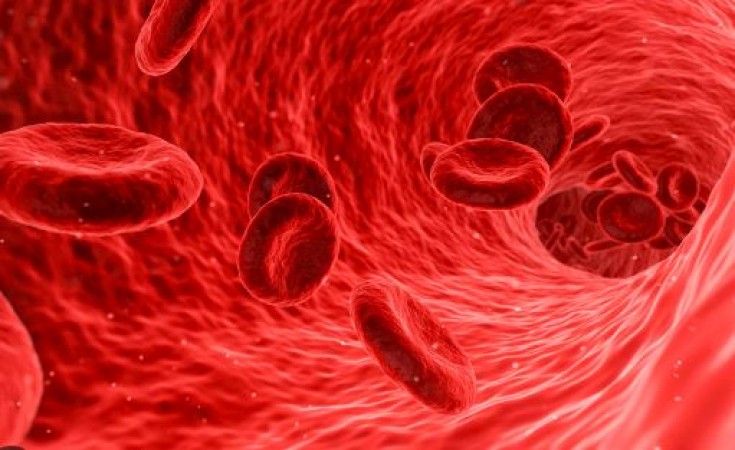
Blood deficiency, commonly known as anemia, can cause several health issues ranging from constant fatigue to more serious complications like organ damage. Anemia is primarily caused by a lack of iron in the body, which results in insufficient red blood cell production. While many factors contribute to anemia, certain everyday habits can significantly worsen this condition. To maintain good health and avoid iron deficiency, it’s crucial to be aware of and improve these habits.
1. Unhealthy Diet and Lack of Nutrients
One of the primary causes of blood deficiency is an unhealthy diet. If your meals are dominated by processed foods, junk food, and sugary snacks, you might be depriving your body of essential nutrients, particularly iron. Iron is the key mineral required for producing hemoglobin, the protein in red blood cells responsible for carrying oxygen throughout the body.
What You Can Do:
Incorporate iron-rich foods into your daily meals. Foods like spinach, lentils, beans, red meat, tofu, and fortified cereals are excellent sources of iron. Pairing these foods with vitamin C-rich items like citrus fruits, tomatoes, and bell peppers enhances iron absorption in the body.
2. Smoking and Its Impact on Blood Health
Smoking is harmful not just to your lungs but also to your blood health. Smoking reduces oxygen levels in the body and adversely affects red blood cell production. Moreover, it introduces harmful chemicals into the bloodstream, leading to a decreased oxygen-carrying capacity of red blood cells. This can worsen the symptoms of anemia and contribute to overall blood deficiency.
What You Can Do:
Quitting smoking is essential not just for preventing anemia but also for improving overall health. Reducing or eliminating smoking helps improve circulation and enhances the efficiency of your red blood cells.
3. Excessive Alcohol Consumption
Excessive drinking can damage the body’s ability to absorb iron and other essential nutrients. Alcohol interferes with bone marrow’s function, where blood cells are produced. It also increases the risk of internal bleeding, which can lead to further loss of red blood cells. Over time, heavy alcohol consumption can cause chronic anemia.
What You Can Do:
Limit alcohol intake or avoid it altogether. If you consume alcohol, do so in moderation—defined as up to one drink per day for women and up to two drinks per day for men. Reducing alcohol consumption improves nutrient absorption and overall blood health.
4. Poor Lifestyle and Lack of Physical Activity
A sedentary lifestyle can also contribute to blood deficiency. Lack of exercise and poor daily routines can lead to weight gain, poor circulation, and low energy levels, all of which can aggravate anemia. Additionally, irregular sleep patterns and high stress can negatively impact red blood cell production and overall energy levels.
What You Can Do:
Adopt a healthier lifestyle by incorporating regular exercise, maintaining a consistent sleep schedule, and managing stress effectively. Even light activities like walking, yoga, or cycling can boost circulation, improve overall energy, and support red blood cell health.
Anemia and blood deficiency are largely preventable by maintaining a balanced diet, avoiding harmful habits like smoking and excessive drinking, and leading a healthy lifestyle. By making conscious efforts to improve these areas, you can significantly reduce the risk of developing iron deficiency and maintain optimal health.
India Issues New Advisory on Mpox as Deadlier Strain Emerges
West Bengal Health Deptt Transfers Key Officials at RG Kar Medical College Amid Protests
Does Eating the Yellow Portion of an Egg Increase Cholesterol?